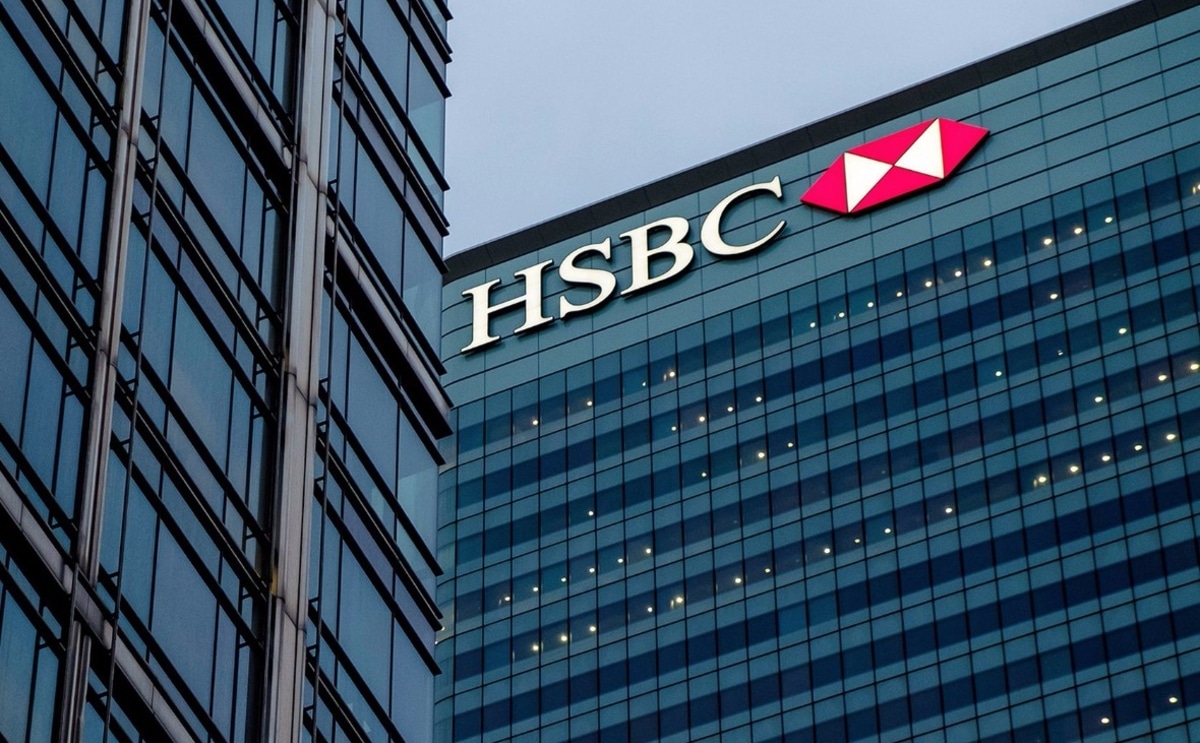ESSENTIAL POINTS
1. After a decade of permissive financial conditions, central banks worldwide have rapidly raised interest rates over the past year to contain skyrocketing inflation.
2. “One of the issues with QE was that you were essentially nationalizing the bond market. Bond markets serve as an early warning indicator when there is inflation, according to Stephen King, senior economic adviser at HSBC, who spoke with CNBC’s Steve Sedgwick.
According to Stephen King, senior economic adviser at HSBC, the extended period of easy monetary policy following the global financial crisis amounted to central banks “nationalizing bond markets.” It meant policymakers were hesitant to curb inflation over the past two years.
After a decade of permissive financial conditions, central banks worldwide have rapidly raised interest rates over the past year to contain skyrocketing inflation. Concerns about a probable recession have increased due to the rapid increase in interest rates, which has also revealed banking system vulnerabilities that have failed in several regional U.S. banks.
While quantitative easing had helped economies recover from the 2008 financial crisis, King said in an interview with CNBC on Friday at the Ambrosetti Forum in Italy that because of its longevity, governments were “probably considerably too comfortable about adding to government debt.”
“One of the issues with QE was that you were essentially nationalizing the bond market. Bond markets serve as an early warning indicator when there is inflation, according to King, who spoke with CNBC’s Steve Sedgwick.
“It’s kind of like when you have an enemy bombing raid, and you turn off your radar systems — you can’t see the bombers coming along, so effectively it’s the same thing, you nationalize the bond markets, bond markets can’t respond to initial increases in inflation, and by the time central banks spot it, it’s too late, which is exactly what I think has happened over the last two or three years,” the author says.
Initially arguing that rising inflation was “transitory” due to a post-pandemic rise in demand and persisting supply chain bottlenecks, the U.S. Federal Reserve was sluggish to act when raising interest rates.
In other words, they should have raised interest rates far earlier than they did, and when they finally did, King added, “they didn’t want to recognize that they had made a mistake.”
He asserted that the recent “wobbles” in the financial system, including Credit Suisse’s emergency bailout by Swiss rival UBS, may have caused a protracted era of low rates and quantitative stimulus.
According to King, “What it encourages you to do is successfully raise capital for very little money and invest in all types of assets that might be performing extremely well for a short period.”
But many of those financial bets start to go very severely wrong when you realize that you have an inflation problem and begin to hike rates rapidly, as we have seen over the last couple of years.
Source: CNBC


